Australian Stories: How Local Children’s Content Shapes Identities
Janine Kelly
26 Aug 2019
This article was first published in 2019 in Literacy Learning: the Middle Years. This story has been re-published with permission from the Australian Literacy Educators’ Association.
Local content has the power to shape children’s personal identities, their collective national identity, and their relationships with others.
Shaping personal identities
Like it or not, the media influences the way we think about ourselves and the world around us. This is true for media-literate adults, and it’s certainly true for children. The stories we see explored on screen inevitably contribute to our understanding of what is ‘normal’, what is valuable – and conversely, what isn’t valuable. It is so affirming for children to see stories that are genuinely representative of their own experiences of the world; to know that stories like theirs are worth telling. And for Australian children, this means Australian content.
A quality local children’s series such as Little Lunch provide viewers with characters, settings, and events that they can identify with. In fact, Little Lunch is so relatable that many adults connect to this playground series as readily as children do. Everyone remembers the novelty of the rainy day timetable and the searing pain of the beep test. And everyone loves seeing these familiar experiences played out on screen.
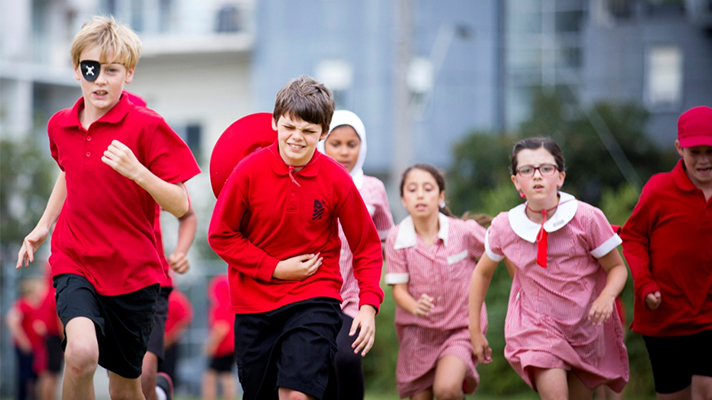 LITTLE LUNCH
LITTLE LUNCH
Recognisable and relatable stories make it easier for children to comprehend the content they’re watching. They better understand – and learn from – characters when they can refer back to their own experiences. And with the help of relatable stories, children and teens can rehearse strategies for coping with life’s challenges and disappointments. They also give parents and teachers a springboard for discussion and learning.
In Lockie Leonard, 12-year old Lockie struggles with his transition to a new town, a new school, and his mum’s hospitalisation due to depression. The series’ sensitive depiction of depression helps its tween and teen viewers to process personal experiences with mental illness, just as Paper Planes teaches them about perseverance, and Mustangs FC forefronts leadership and teamwork.
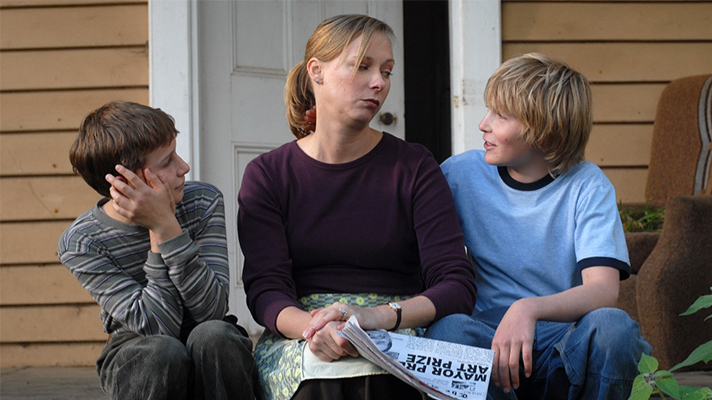 LOCKIE LEONARD
LOCKIE LEONARD
These age-appropriate portrayals model social and emotional skills for our young people, and in doing so, can influence their personal attitudes, beliefs, decisions and behaviours.
Building and reinforcing our national identity
Locally produced children’s content can have a significant and positive impact on our collective national identity. It builds a sense of community and citizenship among the audience, contributes to our perceptions of Australian life, and creates shared childhood memories. Look no further than Round the Twist: you would be hard pressed to find an Australian 30-something that can’t sing along to the iconic theme song, or debate the series’ best episode. The series is firmly entrenched in a generation’s collective memory.
It’s key that children see characters who not only look like themselves, their family and their community, but who sound like them too. Teen drama Dance Academy is an example of local content that manages to do both well. Country girl Tara maintains her broad accent when her passion for dancing takes her to Sydney, and her underdog story highlights the values of hard work and perseverance for the child audience.
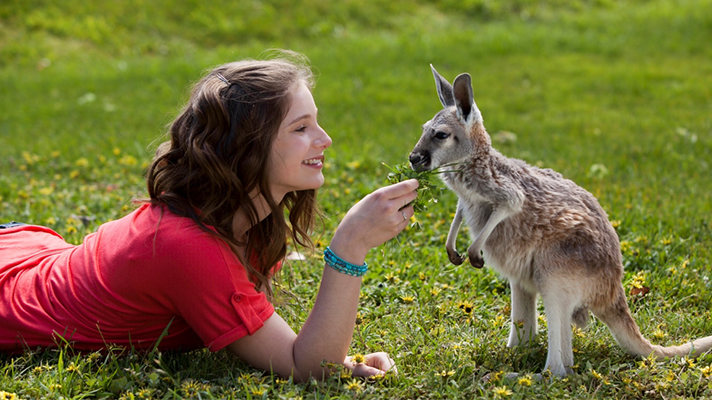 DANCE ACADEMY
DANCE ACADEMY
Local stories have the power to shape our national identity – our understanding of what it means to be Australian. Our kids deserve access to distinctive content like this which genuinely reflects their language, community and culture.
Representation matters – especially for children
When Australian children see their lives reflected on screen, they experience recognition, affirmation, and gain positive role models: the characters and stories help them to imagine all the possibilities for someone who looks and sounds like them. But our nation’s children are not a homogenous group. For this reason, it is key that a diversity of children’s lives is represented in a diversity of Australian stories.
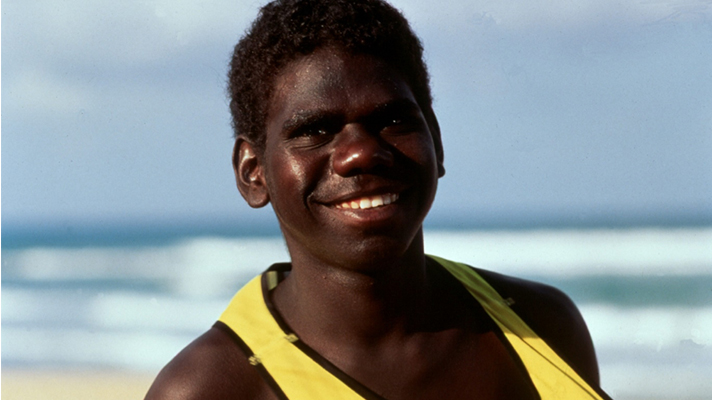 YOLNGU BOY
YOLNGU BOY
Diverse and positive media representation is not only affirming for individual children; it benefits the whole community. This is because the television shows we watch influence how we think about others, as well as how we think about ourselves. Quality local content exposes children to a range of faces and voices that are genuinely representative of their community. It provides the opportunity to walk in someone else’s shoes and consider what it’s like to be them. And in doing this, it encourages understanding and acceptance of others in ‘real life’. Young viewers who have seen First Day, for example – a recent short film about a transgender girl commencing secondary school – will be more knowledgeable and understanding of gender-diverse people in their own communities. Those who have heard Rohingya teen Zainab share her story in Woven Threads are more able to empathise with the refugee experience.
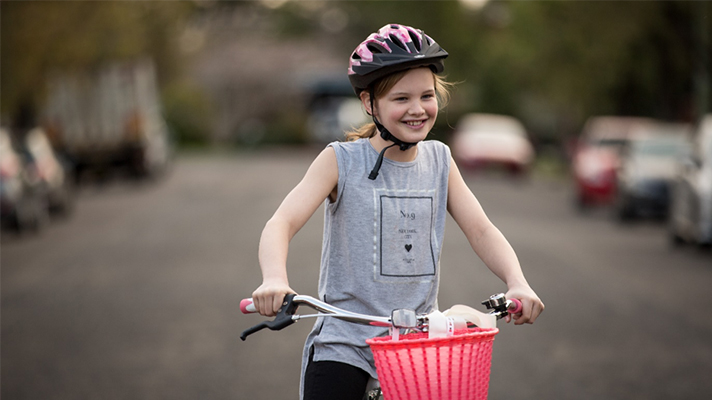 FIRST DAY (2017)
FIRST DAY (2017)
Local screen content plays an important role in Australian children’s lives, shaping their personal identities, their developing national identity, and their relationships with others in the community. The familiar stories and characters reflect children’s own experiences of the world, helping them to better understand themselves, and to learn from the challenges and successes of others. The values and scenarios depicted on screen contribute to children’s perceptions of Australian life, and create shared childhood memories. And by providing a window into the lives of others in their communities, local series and films build empathy and kindness among the child audience.
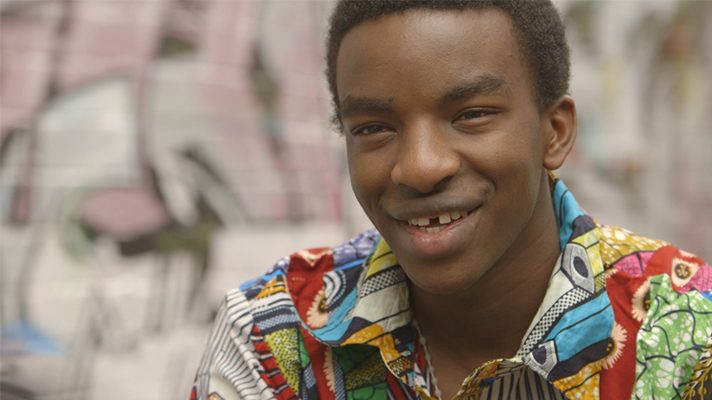

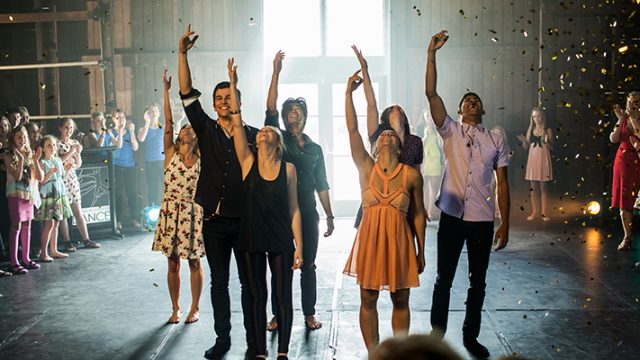
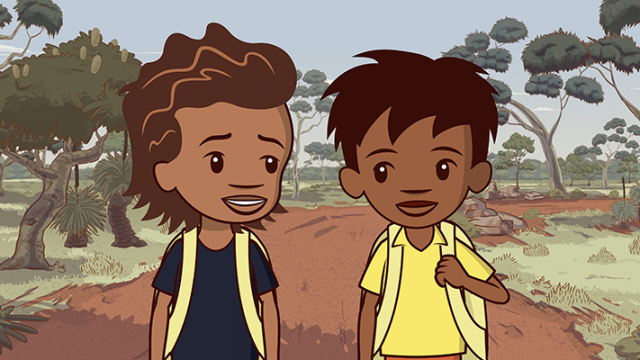
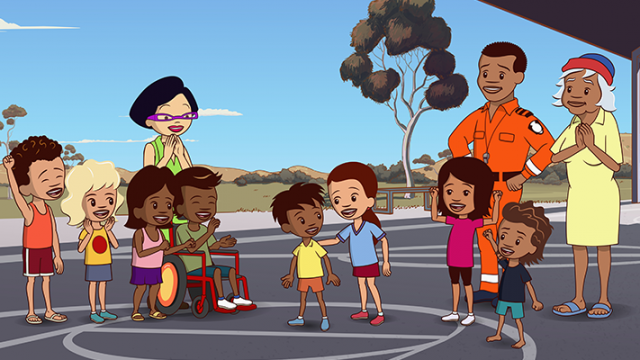
Comments
Comments for this post are open.